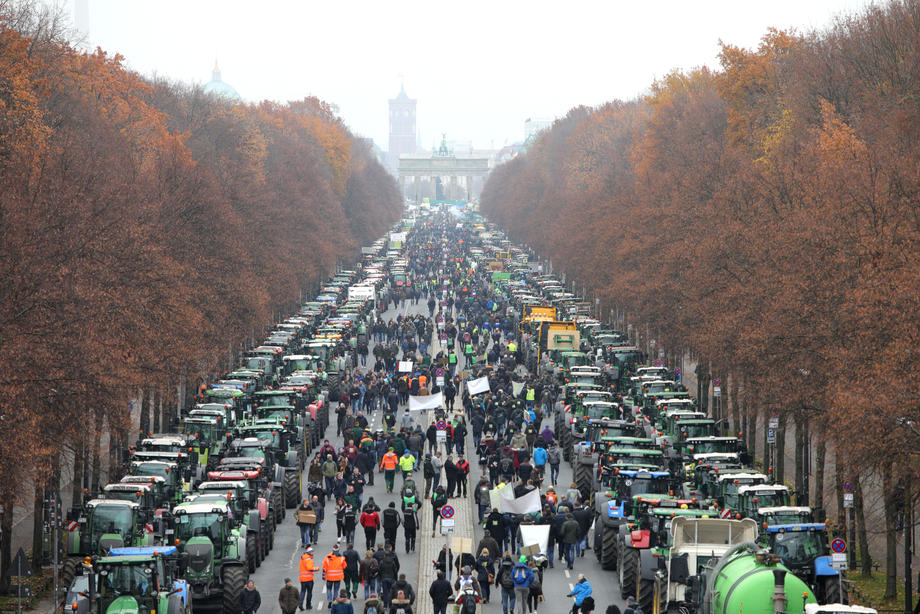Joel Kotkin in the Orange County Register urges environmentalists to come to grips with humanity if they want to win real policy victories. Different commentators saw different results in the European Parliamentary election, but by and large parties that oppose aggressive climate action are winning from India to Australia to Alberta. And Kotkin says they’ll keep winning until Greens make their program more people-friendly.
To hear politicians talk, climate alarmism has swept all before it. It’s a rare public figure who says the science is not settled, and those who say it usually mumble it into their sleeve, and polls show strong support for protecting the environment. But elections are increasingly being won by parties that either openly oppose carbon taxes or have little or nothing to say about climate. So there’s something about the climate crisis agenda that’s not resonating with voters.
Kotkin might sound cynical invoking Roger Pielke’s “iron law of climate policy” from 2010 that “People will pay some amount for climate goals, but only so much.” But he goes on to explain that jurisdictions like California and Germany have imposed a lot of pain on ordinary people for remarkably little gain in terms of emissions that the computer models think matter. And voters are rationally rejecting that approach.
Worse, he says, there’s something wilfully dystopian, anti-human, almost sadistic, about the claims that we face some apocalypse or another, from Paul Ehrlich’s famines of the 1970s and 1980s on, that requires us to give up most of what we value to avoid annihilation. It sometimes feels that the deprivation we must endure to meet the supposed crisis is the real point and the crisis merely the excuse.
As Kotkin says, “the green program does not just threaten factory hands or oil-riggers. Increasingly it takes aim at virtually everything long associated with improved middle class living standards, such as living in a single-family house, or even eating meat. Some scientists even suggest we will have to shift from hamburgers to such delightful concoctions as ‘maggot sausages.’” And this menu suggestion comes with a serving of hypocrisy since “such draconian policies still are embraced by those who won’t lose their jobs, or see their living standards decline. The ‘clean rich’ fly in private jets, even to climate oriented events, develop luxury resorts far from population centers and consume prodigiously” including, though he doesn’t mention him specifically, our own frequent-flying Prime Minister. Yet these same people, Kotkin complains, “often snigger at the materialist orientation of the hoi polloi. In Australia the election results led local celebrities to brand their fellow citizens as unremittingly “dumb,” something that has been echoed by celebrities, university professors and senior bureaucrats throughout the west.” At a certain point the hostility is reciprocated.
Kotkin isn’t just being negative. He goes on to quote “long time environmentalist Ted Nordhaus” urging fellow greens to give up “utopian fantasies” and make “peace with modernity and technology.” Most ordinary people care about the planet, love nature, and would happily live in better harmony with it than we have done especially in much of the 20th century, keeping the better parts of progress while recapturing much that was lost in the move to massive cities full of cement and fumes. But there has to be a place for ordinary people in this new world, a place where they are warm and dry and nourished and employed.
It shouldn’t be so much to ask, especially given the dazzling capacities of modern technology. To borrow a slogan from the left, what we really need is the political will to protect the environment and people instead of insisting, with something approaching smug vindictiveness, that the latter must give way to the former.


